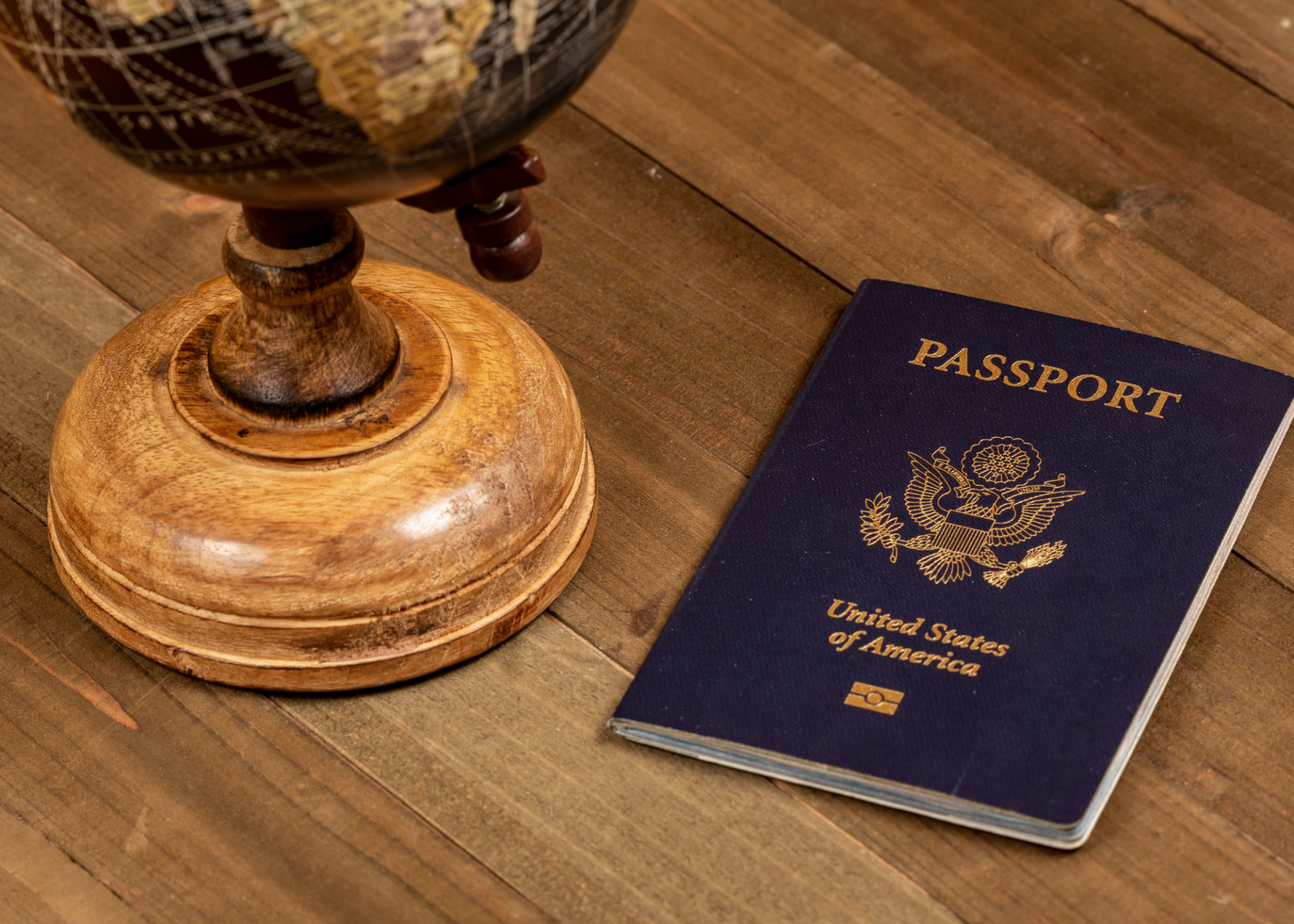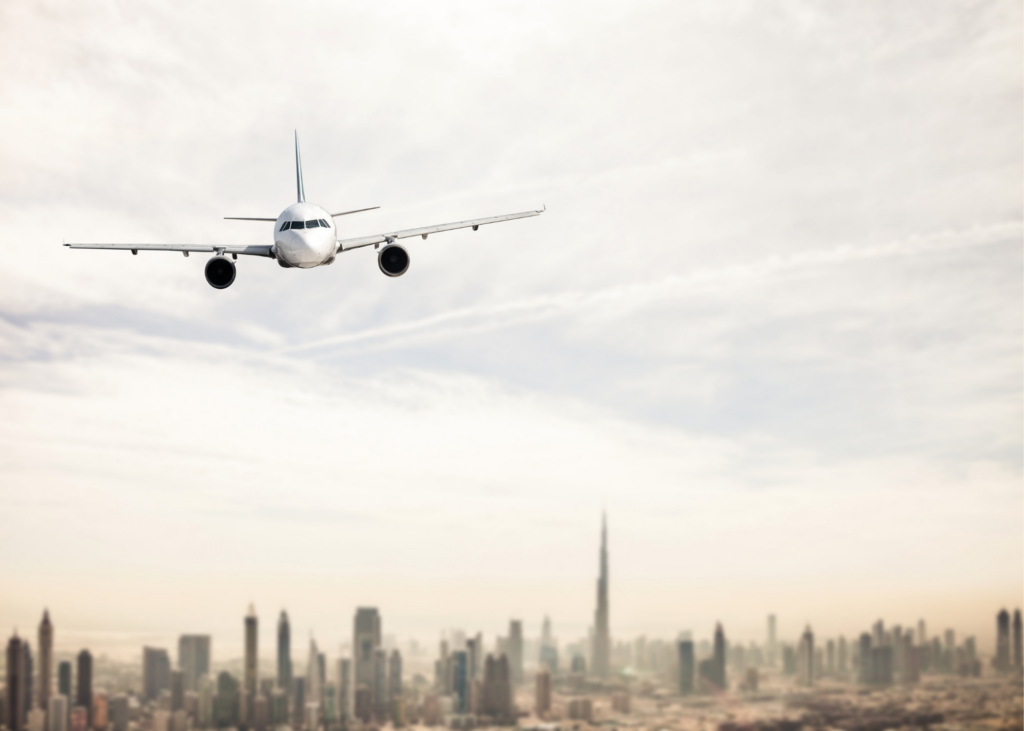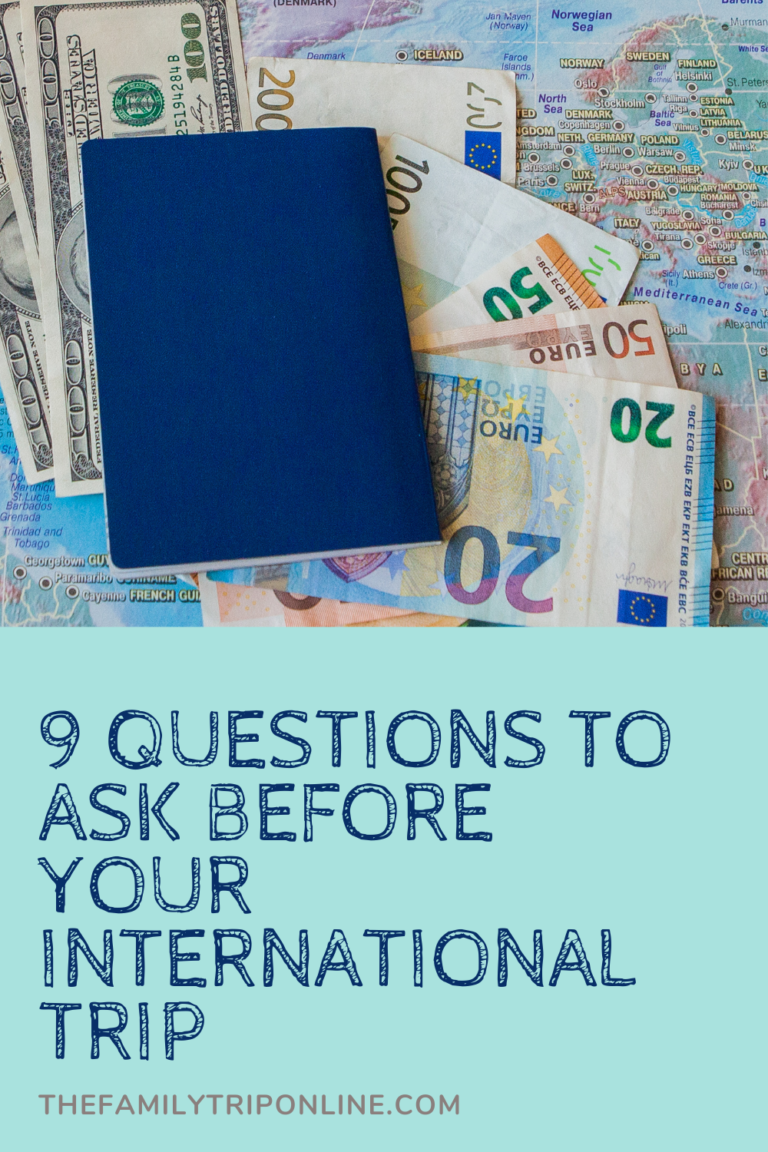
It’s happening! International travel is picking up again as so many put plans, dreams and trips on hiatus during a worldwide pandemic. I love Scott’s Cheap Flights predictions and they say that in 2022 both loads and prices are going up! We’re ready to get going again.
But while international travel is glorious, it can also be overwhelming. The key is to know before you go. There are a lot of questions to ask before travelling abroad, but once you’ve got the answers, you can go with confidence.
Questions to Ask (and things to know) Before Your International Trip:
What are entry requirements?
This is the most important question to answer before stepping on a plane. Know what is required for COVID testing/proof of vaccination. But also, know if there are any Visa requirements or additional vaccine records required. Further, many countries require your passport be valid for a certain number of months prior to and AFTER anticipated entry. Some countries have exit requirements (namely in the form of “taxes”) as well.
None of this, including COVID protocols, should keep you from going! Just know ahead and be prepared. Head to travel.gov to find your country of destination.
What is the best way to move around the cities and the country?
Not all countries have driveable roads and not all countries have public transportation. In European cities, we rarely get a car as trains are so great and parking so rare. In less developed countries, we use services and guides as the roads are usually in terrible condition. But in other countries, the best way to have freedom to see what you want is to rent a car and drive yourself.
Have an idea (or reservations) beforehand, understanding that not every country has the roads and infrastructure to make driving yourself the best or most relaxing idea.
Am I supposed to tip?
This is always an opportunity for stress when in the moment if you don’t know the cultural expectations. (Because, let’s face it, you can’t exactly ask the waitstaff when they bring you the bill.)
Lonely Planet is a great resource on local customs.
What is the preferred and accepted way to pay for services and goods?
Believe it or not, some countries still operate predominantly in cash. For example, in Portugal, we were surprised that very few restaurants and stores accepted any sort of credit card. It was cash only. Some countries also accept the American dollar.
It is also worth knowing before you go which credit card you plan to use. We love our American Express because it has the best exchange rates as well as the best support when traveling, but it isn’t accepted in many countries. Your best bet is a Visa that has great travel benefits.
Finally, know if you are going to access ATMs or not. In some countries, ATMs are abundant, dispense the local currency, and are not subject to high fees. However, in some places, ATMs are not even safe to visit.
Have a general idea before you travel internationally how the country operates when it comes to transactions and cash.

What is my emergency plan?
From getting COVID and quarantining for a few days to lost luggage to a delayed or cancelled flight, just have a general sense of where you’d go for lodging and a back up plan. Sometimes, in the event of a delayed flight, just taking whatever you can back to the States, then figuring out the rest once in country, can be a great back up plan. Remember that travel requires flexibility.
Will I have navigation/GPS services or do I need to prepare ahead of time?
We do it: we rely nearly completely and solely on Google Maps to navigate us and get us places. But not all countries and cities make that possible. Additionally, when travelling internationally, it is possible that extra charges and fees will be incurred if you use data without a WiFi connection.
We’ve used maps.me on our phones while travelling abroad in the past and, while not perfect or as good as Google Maps, it’s been a great option. This app allows you to download maps to your phone prior to travel.
Of course, you could always go old school and use paper maps!
What areas are safe and which are not?
Take some time to read travel alerts and understand the region you are going to. Some cities are safer than others; some areas are safer than others. It’s true of everywhere, including the U.S. Just get a sense for the country’s unique areas and aspects.
While paying attention to advisories from the U.S. Government is important and not to be ignored, they are generally very conservative and cautious. So read the alerts to understand the general landscape, use the information to inform you, but also don’t let them scare you. Be smart and safe, but don’t live life in fear.
Do I need a power adapter?
In most countries, your power cords will not fit into the electrical sockets. Some hotels and bed & breakfasts may offer international travellers converters, but it’s best not to rely on that.
Years ago, I bought a bag of miscellaneous power adapters much like this one and it has served so well.
Have I made a copy of all my important documents, tickets, and itinerary information?
It sometimes happens: you lose your passport or it gets stolen. It is possible to get back home, but it is much more helpful to have a copy of ALL of your information with you. It is also helpful to leave copies with a trusted family member or friend back home, too.

Of course, you’ll also want to know the predominant language and some of the important customs! And we always spend some time reading up on the history of a place before we visit (we make our kids do “book reports” on an area of their choice before we take off).
But remember that seeing the world feels a little scary. It is hard to willingly jump from what is comfortable and known into something different and challenging. It is particularly hard since, inevitably, something will go “wrong” or not as planned.
Yet seeing the world expands our lives, brains, hearts and souls like nothing else can. It makes the world a much more empathetic and caring place. Ultimately, it is always worth it.
Follow our International Journeys
Want to save this post? Pin this:

